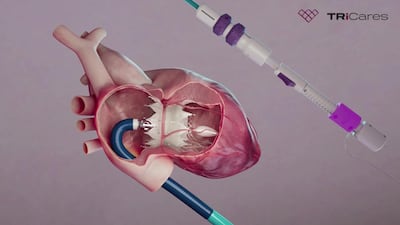Illumina Inc.'s COVIDSeq is the first next-generation sequencing (NGS) diagnostic test to be given emergency use authorization by the Food and Drug Administration. The head of the US agency says the test will allow physicians to diagnose whether a patient has the SARS-CoV-2 virus and let researchers track whether it’s mutating.
The FDA said on 10 June it had granted authorization for the COVIDSeq diagnostic test as the first of its kind to use NGS technology that can allow researchers to...
Read the full article – start your free trial today!
Join thousands of industry professionals who rely on Medtech Insight for daily insights
- Start your 7-day free trial
- Explore trusted news, analysis, and insights
- Access comprehensive global coverage
- Enjoy instant access – no credit card required
Already a subscriber?







